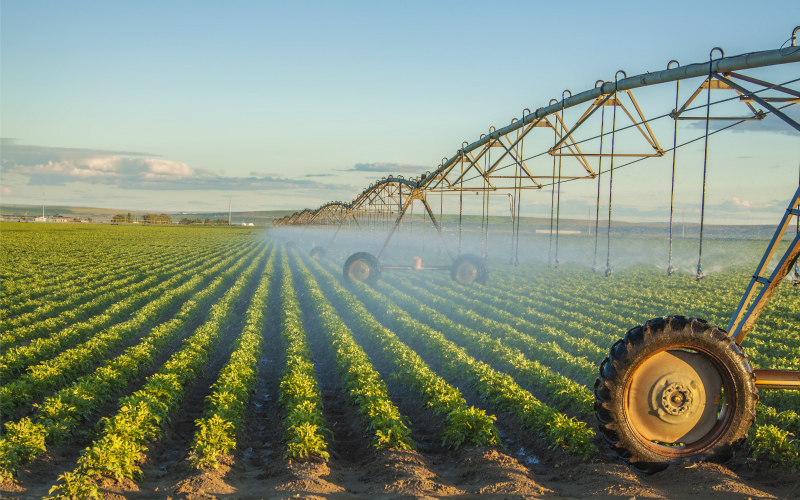
Glyphosate is the number one selling weed killer globally. Its use continues to be topical and indeed, controversial. In November 2017, the EU Commission agreed to renew the licence for glyphosate for a five year period. However, some countries, such as France and Sri Lanka have banned the use of glyphosate because of concerns regarding the decrease in biodiversity and claims it is carcinogenic. For cereal farmers, glyphosate represents a cost effective and time efficient means of desiccating crops. However, care should be taken by those using glyphosate.
For seed potato farmers, glyphosate is highly toxic to the potato plants. Trace amounts of glyphosate, (even below the level that Agronomists can test for) can be absorbed by the potato plant and stunt the emergence of the next year’s crop – presenting a problem for farmers who have contracted with growers or merchants for the supply of seed potatoes.
Over the last few years, Thorntons Solicitors have been involved in several cases concerning glyphosate contamination of potatoes. Court cases of this nature are reasonably unusual – the majority of seed potato farmers and growers will contract using the British Potato Trade Association (“BPTA”) standard terms and conditions. In the event of a dispute, the BPTA terms and conditions prescribe arbitration as the method of resolving the dispute. In addition, the terms and condition prescribe how the financial loss to parties is calculated – everyone is effectively compensated for their financial losses excluding profits.
Unfortunately, in the absence of either utilising the BPTA conditions or expressly agreeing terms regarding what happens in the event of a latent defect, seed potato farmers are open to claims via the courts for significant sums. Whilst glyphosate contamination may be an insurable risk, most insurance policies have an indemnity limit. What that means is that potato farmers are potentially exposed to significant sums for something that may not be their fault. Potato farmers are likely to have a claim against the wayward glyphosate sprayer but the reality is, the farmer is likely to end up out of pocket and will almost certainly not recoup all of his losses. In all cases where seed potatoes are being sold to a third party, consideration should be given to what happens in the event of a latent defect.
Farmers using glyphosate to either desiccate cereal crops or for weed killing purposes should be very careful of the conditions within which they operate. Care should be taken to avoid spraying in windy conditions, provide employees with appropriate protective work wear and ensure accurate records are kept including wind speed, direction and the amount of glyphosate used. Those using glyphosate should speak to neighbouring farms to advise of its use and to address any concerns about contamination. Best practice should be adhered to at all times.
For further information and advice on crop contamination, please contact a member of our Land & Rural Business team.
